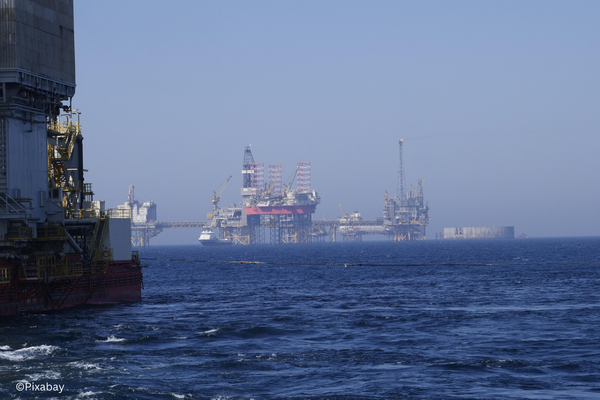The Federal Academy for Security Policy of Germany has published a policy paper on maritime Critical Infrastructure titled “Protecting Maritime Critical Infrastructure in the Baltic Sea: Is a Warning Shot Across the Bow Necessary?” (original: „Schutz maritimer Kritischer Infrastruktur in der Ostsee: Braucht es den Schuss vor den Bug?“). The increasing number of sabotage attempts and espionage activities in the Baltic Sea – particularly involving Russian research vessels and shadow fleets – pose a significant threat to maritime Critical Infrastructure (marKRITIS). Especially affected are data cables, power lines, pipelines, and offshore wind farms, on which not only Germany but also Baltic and Scandinavian partner states rely. This threat is part of hybrid warfare strategies that deliberately exploit weaknesses in international legal frameworks. Experts are therefore calling for political unity, legal clarity, and more robust military responses to detect and counter potential attacks at an early stage.
The German Navy, along with authorities such as the police, customs, and other relevant actors, has distinct yet complementary responsibilities and capabilities to protect marKRITIS. In peacetime, civilian agencies are generally responsible, but in cases of state-sponsored attacks, the Bundeswehr may be called upon to act. The lack of clearly defined responsibilities during the transition from peace to crisis hampers swift action. A proposed overarching KRITIS law, as well as a potential maritime security law, could enhance the protection of maritime infrastructure by introducing mandatory reporting obligations and establishing reliable leadership structures for incident response.
To effectively deter hybrid threats, a multidimensional situational awareness, improved sensor technology, and AI-supported monitoring systems are essential. The Bundeswehr – especially the Navy – plays a central role in this, but requires political support, sufficient investment, and a clear legal mandate for operations. Cooperation between civilian and military actors, as well as with international partners, must be practiced and aligned regularly. Only through this can the protection of maritime infrastructure be ensured and prevent suspected saboteurs from exploiting vulnerabilities unchallenged. A “warning shot across the bow” remains a potential signal – but only if all conditions for lawful and resolute action are met.
Read the full report in German language here.
(Image Source: Pixabay)


